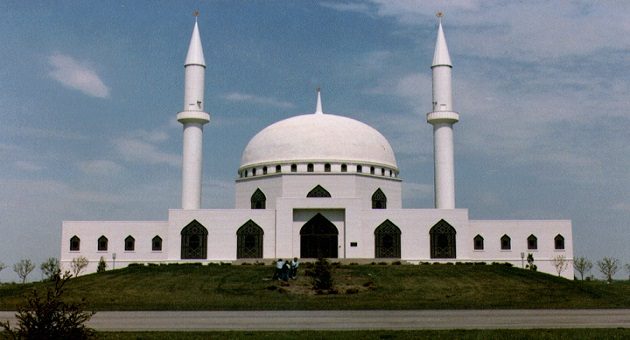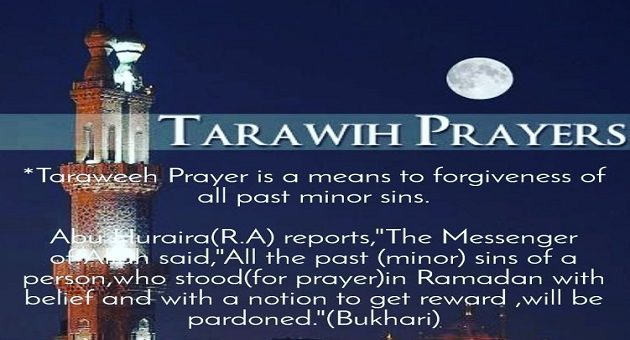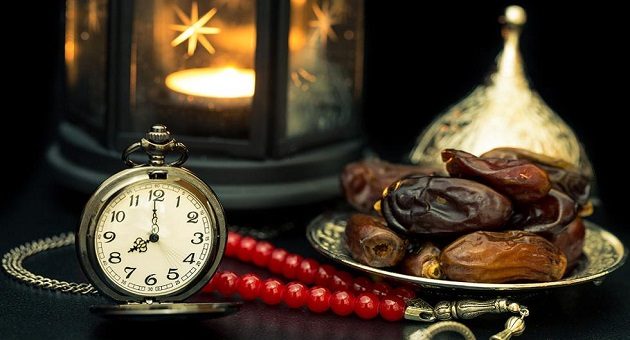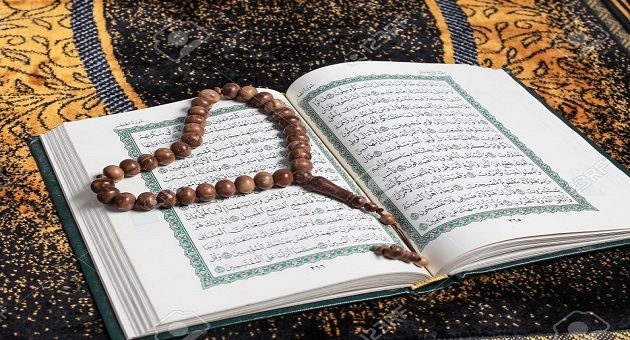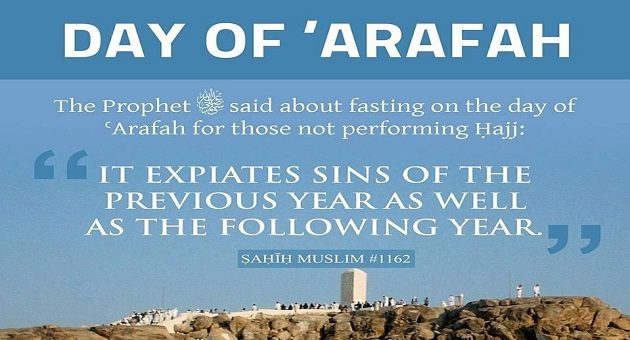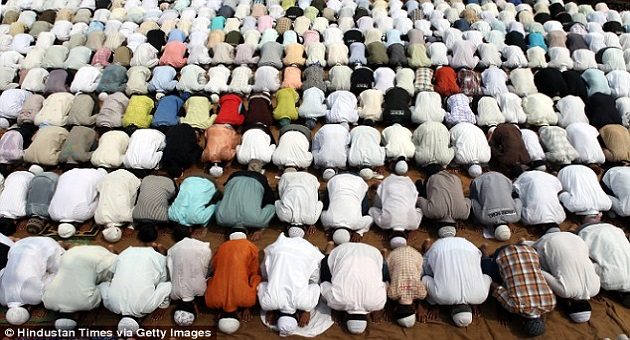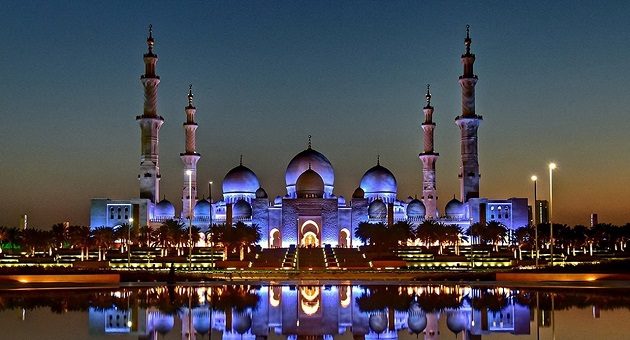The term Imam alludes to the Islamic prayer leader, a place of respect inside the Muslim people group. Imams are chosen for their devotion, learning of Islam, and aptitude in the recitation of the Quran. Furthermore, the imams of the Grand Mosque (Masjid Al-Haram) in Makkah hold a particularly significant position. The imams of Makkah hold a regarded situation with incredible duty. Their Quran recitation must be exact and welcoming since these imams have an exceptionally unmistakable job. Satellite and online TV presently communicate the petitions of Makkah live the world over, and the imam’s voices become synonymous with the blessed city and Islamic custom. Since they are guidelines otherworldly.
A mosque (Masjid in Arabic) is a place of worship in Islam. In spite of the fact that petitions can be said secretly, either inside or outside, about each network of Muslims devotes a space or working for congregational supplication. The fundamental compositional segments of a mosque are handy in reason and give both congruity and a feeling of the custom among Muslims around the world. Minaret: The word minaret derives from the Arabic word for “lighthouse” or “beacon.” A minaret is a thin tower with overhangs or open exhibitions from which a mosque’s muezzin calls the dedicated to petition multiple times every day. Minarets are unmistakable conventional highlights of.
The imams of Makkah are chosen and delegated by an illustrious pronouncement by the Custodian of the Two Holy Mosques (King) of Saudi Arabia. There are generally a few imams on record, as they share obligations during different occasions of day and year, and fill in for each other in the event that at least one is missing. The imams of Makka are commonly very knowledgeable, multilingual, amiable, and have recently filled in as imams of other driving mosques in Saudi Arabia before accepting their arrangements to Makka. Here are some of the leading Imams of Mecca. Sheikh Abdulla Awad Al-Jahny. Imam of the Grand Holy Mosque since 2008. Sheikh.
At the point when the long stretch of Ramadan starts, Muslims go into a time of control and love, fasting during the day, and supplicating for the duration of the day and night. During Ramadan, exceptional night supplications are led during which long segments of the Quran are discussed. These extraordinary petitions are known as Taraweeh. The word Taraweeh originates from an Arabic word which intends to rest and unwind. The Hadith shows that the Prophet (harmony arrive) drove his supporters in night supplication on the 25th, 27th, and 29th evenings of Ramadan, in the time after the isha petition. From that point forward, this has been a custom during.
Islamic researchers have laid out fasting necessities for the all-inclusive community and clarify the housing that can be made when somebody can’t fast due to disorder or other wellbeing reasons. There are general rules and unique cases for conditions, for example, affliction and constant medical issues, for example. A pregnant lady who thinks fasting will hurt her infant is pardoned from fasting. Likewise pardoned are explorers, the old and the crazy. Notwithstanding, the individuals who are proficient are required to compensate for missing the fast when it is allowable. Poor people might be pardoned yet should approach Allah for absolution. Among satisfactory activities during Ramadan, Muslims can shower, draw blood,.
In accordance with the long history of fasting in the Abrahamic beliefs, Muslims fast from sunrise until sunset during the period of Ramadan, which happens in the ninth lunar month of the Islamic schedule and keeps going between 29 to 30 days (dates may differ because of moon-locating, and the length of fasting may change dependent on a spectator’s area). Fasting is one of the five mainstays of Islam just as perhaps the best demonstration of love a Muslim can perform. The demonstration of fasting during Ramadan has explicit guidelines and standards. The thought is to purify one’s body, psyche, and soul from the world’s polluting influences, improve good character,.
The Quran is the heavenly book of the Islamic world. Gathered over a 23-year time span during the seventh century C.E., the Quran is said to comprise of Allah’s disclosures to the prophet Muhammad, transmitted through the holy messenger Gabriel. Those disclosures were recorded by copyists as Muhammad articulated them during his service, and his supporters kept on recounting them after his passing. At the command of the Caliph Abu Bakr, the sections and refrains were gathered into a book in 632 C.E; that adaptation of the book, written in Arabic, has been the blessed book of Islam for more than 13 centuries. The Quran is separated into 114 sections.
The Day of Arafat (Arafah) is an Islamic occasion that falls on the ninth day of the long stretch of Dhu al-Hijah in the Islamic schedule. It falls on the second day of the Hajj journey. On this day, travelers, while in transit to Mecca, visit Mount Arafat, a high plain that is the site from which the Prophet Mohammad (PBUH) gave a renowned lesson close to an incredible finish. Since the Day of Arafat depends on a lunar schedule, its date shifts from year to year. Here are the dates of the following couple of years. 2018: Monday, August 20. 2019: Saturday, August 10. 2020: Thursday, July 30. 2021:.
Similarly as with different religions, Muslims must-watch explicit ceremonies as a component of their day by day petitions. Before asking, Muslims must be clear of the psyche and of the body. Islamic educating expects Muslims to take part in formal washing (wudu) of the hands, feet, arms, and legs, called Wudhu, before supplicating. Admirers should likewise be dressed unassumingly in clean apparel. When the Wudhu has been finished, it’s a great opportunity to discover a spot to supplicate. Numerous Muslims implore at mosques, where they can impart their confidence to other people. In any case, any peaceful spot, even a side of an office or home, can be utilized for.
“Mosque” is the English name for a place of Muslim Worship, identical to a congregation, synagogue or sanctuary in different religions. The Arabic expression for this place of Muslim worship is “masjid,” which actually signifies “spot of surrender” (in supplication). Mosques are otherwise called Islamic focuses, Islamic public venues or Muslim public venues. During Ramadan, Muslims invest a great deal of energy at the masjid, or mosque, for uncommon petitions and network occasions. A few Muslims like to utilize the Arabic expression and demoralize utilization of “mosque” in English. This is incompletely founded on a mixed-up conviction that the English word is gotten from “mosquito” and is a disdainful term..






